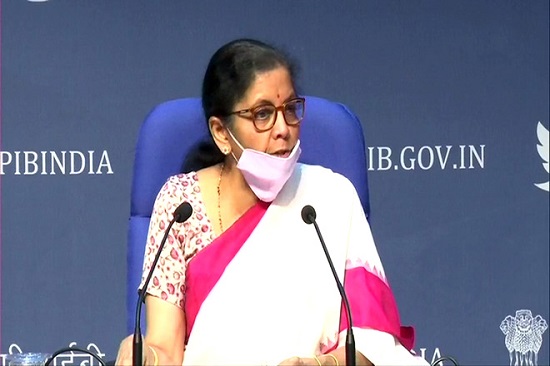New Delhi: The States of Uttar Pradesh (UP), Gujarat, Madhya Pradesh (MP), Haryana, Punjab and Himachal Pradesh (HP) have amended the labour laws. This amendment sanctions 12 hours working shift, instead of the current 8 hours, and Karnataka and Assam also have indicated similar changes. These amendments in the state labour laws are considered to be a part of the efforts to attract investors to the state. As per analysts, these amendments are being done by the states, eying the possible investment by the companies preparing to exit China. At the same time, the analysts claimed that other states also might follow suit with similar amendments.
On Friday, the UP government passed the ‘Uttar Pradesh Temporary Exemption from Certain Labour Law Ordinance 2020’. The provisions in the labour law have been relaxed, excepting for the provisions governing removal of contract labour, accident on duty, timely salaries and also regarding employment of women and child labour. The laws pertaining to labour unions, work conditions, industrial disputes and some other acts have been suspended for three years.
 The ordinance permits extension of maximum working hours from 8 to 12. The UP government said that only those workers who are willing to work for more than 8 hours could be asked to work for extra hours. The state governments of Gujarat, MP, Haryana, Punjab and HP have also made modifications on similar lines with little differences. The MP government has permitted 72 working hours per week, including overtime if the employee is willing. The factories will be allowed change of work-shift to increase productivity.
The ordinance permits extension of maximum working hours from 8 to 12. The UP government said that only those workers who are willing to work for more than 8 hours could be asked to work for extra hours. The state governments of Gujarat, MP, Haryana, Punjab and HP have also made modifications on similar lines with little differences. The MP government has permitted 72 working hours per week, including overtime if the employee is willing. The factories will be allowed change of work-shift to increase productivity.
The economy and investments have been severely affected because of the lockdown imposed in view of the Coronavirus pandemic. It is being said, that therefore, these states are amending the labour laws with a view to provide an impetus to the economy and investments. Due to the current scenario, the industries and entrepreneurs were already demanding this. But it is claimed that the states have taken this action, eying the companies preparing to exit from China. Gujarat has already identified 33,000 hectors of land for any companies desirous of setting up operations in the state.
Reports have been received that talks are underway with nearly a thousand companies planning to exit from China. Prime Minister Modi had also appealed to the states to be prepared in order to not miss the opportunity. The soft labour laws, better infrastructure and more accessible laws for the incoming foreign investors in China made it the global manufacturing hub. Now the companies who have been disenchanted with China, because of the Coronavirus menace, are looking at India as the next global manufacturing hub. These amendments made by the state government prove vital given the opportunity available.
Meanwhile, the union government supported the amendments made by the state governments to the labour laws. The union government, while expressing confidence that this will create opportunities, has said that the union government is working in tandem with the state governments. Union Minister for Labour, Santosh Kumar Gangwar, held discussions with industry representatives. The industry representatives presented the issues faced by them due to the Coronavirus pandemic crisis. After the discussion, Heeralal Samariya, Secretary with the Labour and Employment Ministry, assured the industry representatives that the work to amend labour laws was already underway. This indicated amendments even in the central labour law.
There were 45 laws at the central level and 200 laws at the state level governing the labour force. This complexity was coming in the way of fresh investments. But over the last five years, the union government has segregated these laws into industrial relations, wages, social security and professional security. Out of these, the laws regarding professional security have been amended and, amendments are under consideration in the laws governing industrial relations. Therefore, it is clear that the states have taken the initiative to amend the laws that could prove to be a deterrent for investments. Certain political parties and worker unions have started opposing the amendments made by the states in labour laws.












